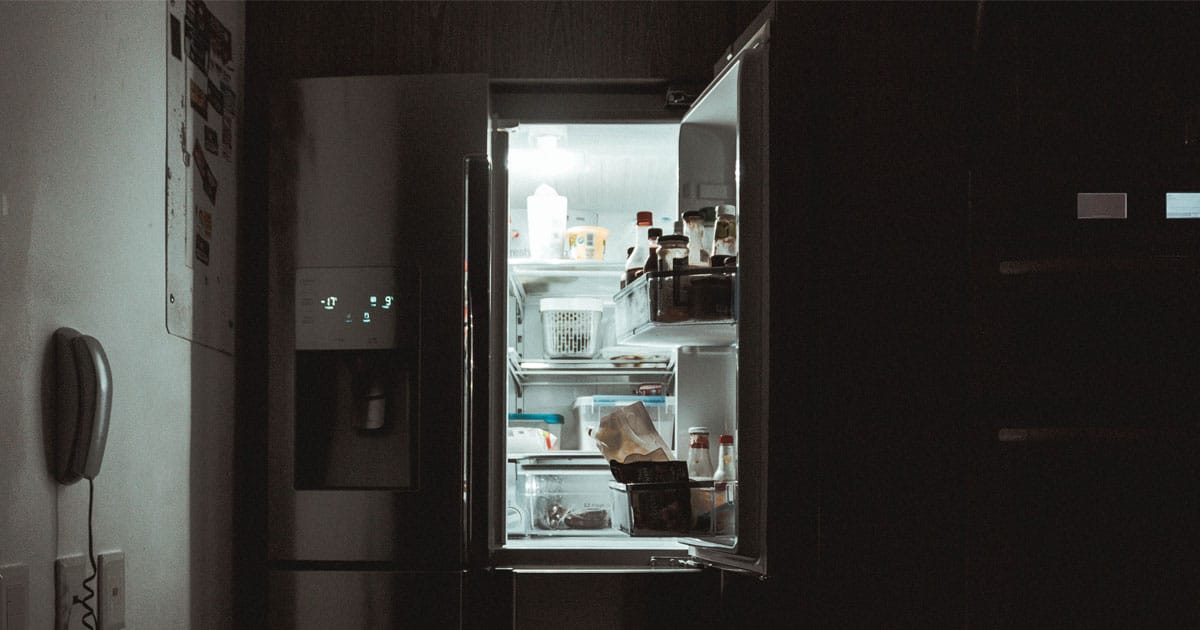Choosing and buying freezer spare parts is a vital process that requires careful consideration to ensure your appliance continues to operate efficiently and effectively. Here’s an extended guide to assist you in making informed decisions:

Understanding Your Freezer’s Needs
- Diagnosing the Issue: The first step in choosing spare parts is identifying the problem with your freezer. Common issues include thermostat failure, motor problems, defrost heater malfunctions, or damaged door seals. In some cases, the issue may be as simple as replacing a light bulb or a broken shelf. Understanding the specific issue is crucial in determining the right part to purchase.
- Consulting the Manual: Refer to your freezer’s manual for troubleshooting tips and guidance on spare parts. The manual often contains diagrams and part numbers, which can be extremely helpful in identifying the exact parts you need.
Locating the Right Parts
- Finding the Model Number: The model number of your freezer is key to finding compatible spare parts. This number is typically found on the inside wall of the unit, on the back, or in the user manual. It’s essential to have this information handy when searching for parts, as it ensures compatibility.
- Researching Parts: With the model number, you can start researching the specific parts you need. This can be done through the manufacturer’s website, appliance repair shops, or online marketplaces. Ensure that the parts are designed for your specific freezer model to avoid compatibility issues.
- OEM vs. Aftermarket Parts: You’ll have the choice between OEM (Original Equipment Manufacturer) parts and aftermarket parts. OEM parts are made by the freezer’s manufacturer and are guaranteed to fit and function as the original parts did. Aftermarket parts, on the other hand, are produced by third-party companies and might be less expensive. However, they can vary in quality and may not have the same warranty or fit as OEM parts.
Quality and Cost Considerations
- Evaluating Quality and Warranty: It’s crucial to consider the quality of the parts you’re purchasing. High-quality parts are more likely to last longer and perform better. Additionally, check if the parts come with a warranty, which can provide peace of mind and protection against defects or early failure.
- Comparing Prices: Prices for freezer parts can vary significantly. Compare prices from different suppliers to ensure you’re getting a fair deal. Be wary of prices that are considerably lower than the average, as this could indicate counterfeit or inferior quality parts.
- Considering Shipping and Handling: When ordering parts online, consider the shipping and handling costs. Sometimes these additional costs can make an otherwise affordable part more expensive than purchasing it locally.
Installation and Maintenance
- Installation: Determine whether you will install the part yourself or require professional assistance. While installing parts yourself can save money, some components may need professional installation to ensure they are fitted correctly and safely, and to maintain the warranty.
- Maintenance Tips: Proper maintenance can extend the life of your freezer and its parts. Regularly clean the interior, check and clean door seals, defrost when necessary, and ensure the freezer is not overloaded, as this can strain the motor and other components.
Environmentally Responsible Disposal
- Recycling Old Parts: When replacing parts, it’s important to dispose of the old parts responsibly. Many components can be recycled. Check with local waste management services or the retailer from whom you’re purchasing the new parts, as some offer recycling programs for old appliance parts.
In conclusion, choosing and buying freezer spare parts requires a thorough understanding of your appliance’s needs, careful research to find the correct and quality parts, and consideration of installation and maintenance aspects. By taking the time to make well-informed decisions, you can ensure your freezer continues to operate efficiently, saving you time and money in the long run. This approach not only addresses immediate repair needs but also contributes to the longevity and performance of your freezer.
